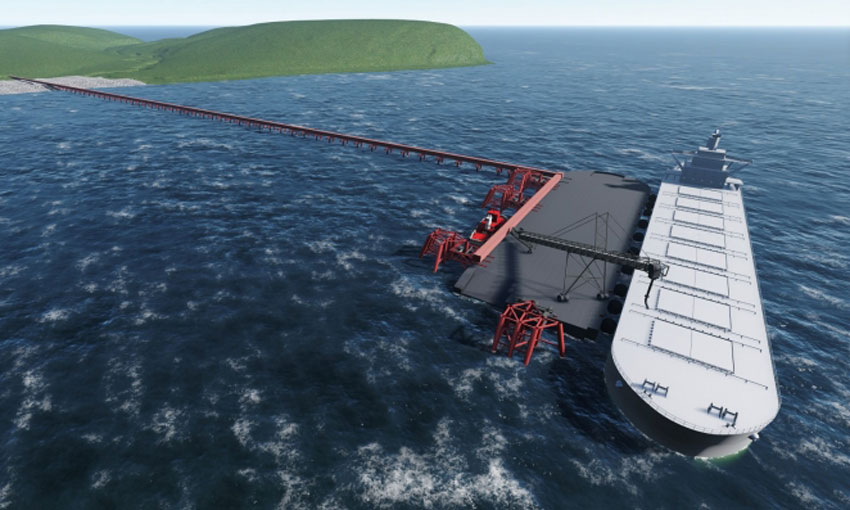SOUTH Australia minister for planning and local government Vickie Chapman has refused an application by Kangaroo Island Timbers to build a deep-water port at Smith Bay on Kangaroo Island.
She cited the potential long-term and irreversible impacts on the environment, local business and the character of the island as key reasons for her decision.
A statement from the minister said the State Planning Commissions assessment report resolved KIPT’s application as “finely balanced”, it highlighted a range of matters that would require significant and ongoing management to mitigate negative outcomes.
Ms Chapman said it was a difficult decision that was not made lightly.
“The assessment report was line-ball, however, I have come to the conclusion that the possible long-term and irreparable damage the wharf could cause to the island is a risk I am not willing to take,” she said.
The minister continued, saying key factors included the impact on surrounding businesses, the marine environment, as well as biosecurity risks to neighbouring tourism and aquaculture businesses.
“There were also concerns with the impacts on the road network and how increased truck numbers on the Island would affect the character of the popular tourist destination and home for many,” she said.
“I am aware my decision will have an impact on the local timber industry, and I can assure South Australians that I will continue to search for a sustainable solution for this industry on Kangaroo Island.”
Ms Chapman noted the work done by KIPT in bringing the proposal and its efforts to adjust and change the design based on community feedback.
“However, I am not satisfied that the impacts identified by the commission can be monitored, managed or mitigated to the extent that the risk of adverse outcomes can be properly managed to a degree that would warrant development approval,” she said.
KIPT’s proposal to develop a deep-water port facility at Smith Bay was first declared a development of major environmental, social and economic importance in February 2017, and has been subject to a vigorous assessment process, including the release of an Environmental Impact Statement for public consultation.
In October 2019 the company varied the proposal following public consultation, and in December 2020, following a request for further detail, submitted an addendum to its EIS, which then required an additional round of consultation.
The State Planning Commission has since prepared a detailed Assessment Report, which will be made publicly available. It outlines the merits of the project, as well as the potential impacts.
In the wake of the minister’s refusal of the application, KIPT is adopting a new strategy to remove its tree crop and convert its land for more traditional agricultural use.
KIPT chairman Paul McKenzie said it was a major turning point for the company.
“By undertaking this lower-risk and well-trodden strategy, we will in turn develop our land into an institutional grade, conventional agricultural estate,” he said.
“The company’s vast, high-rainfall landholding is unique and is expected to command a premium valuation in due course.”
Also, after the minister’s decision, the company’s managing director, Keith Lamb, will retire and the company will not replace the position.
The company also announced an on-market buyback of up to 10% of its ordinary shares on issue. KIPT said its new strategy has lower capital requirements and it would return surplus capital to shareholders via the buyback.

